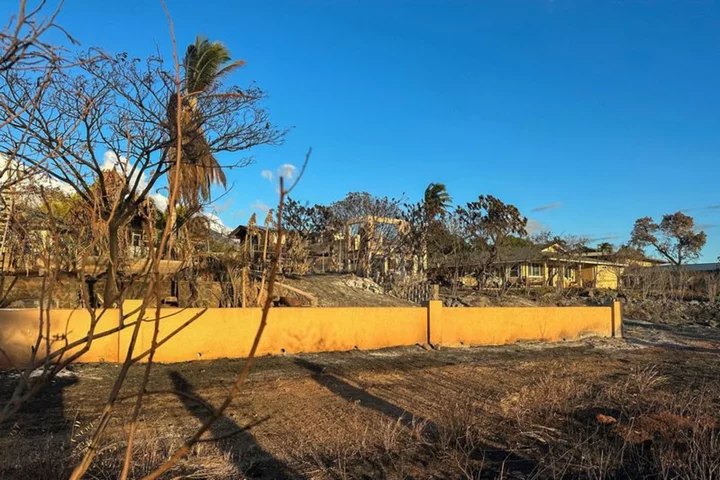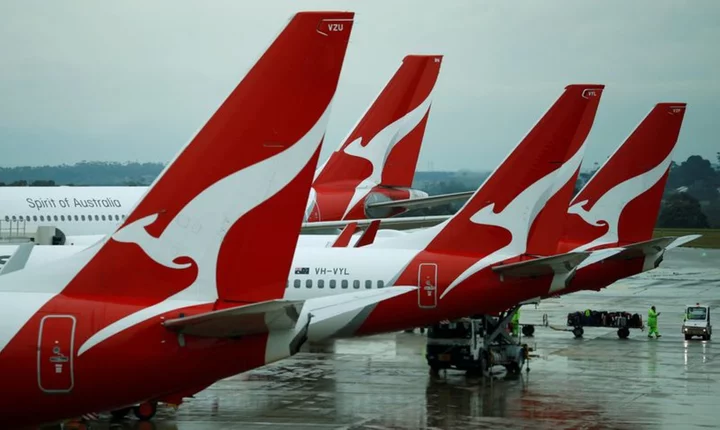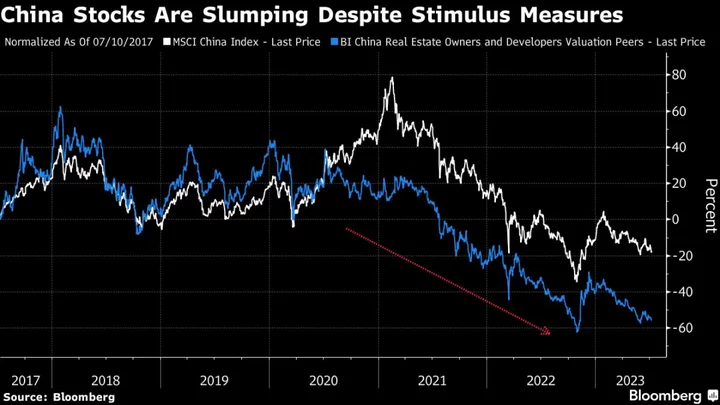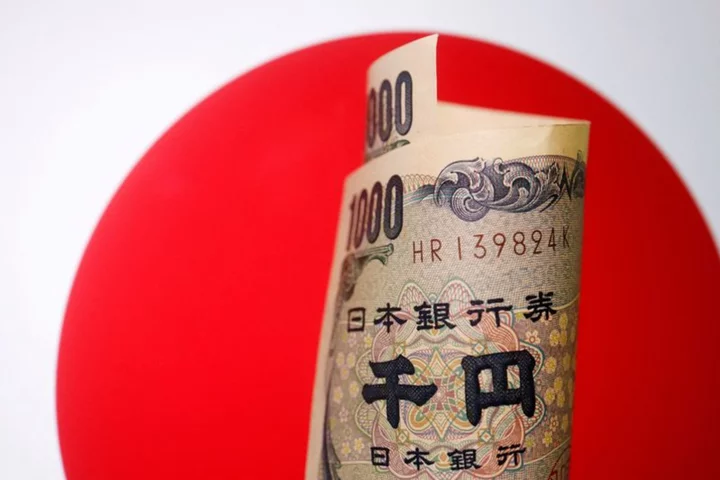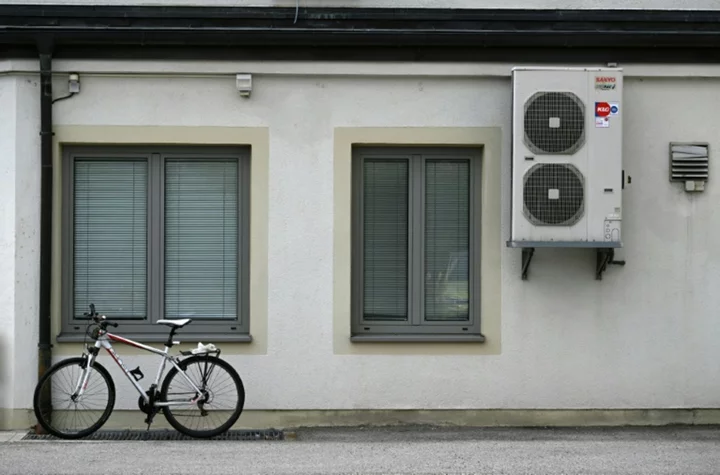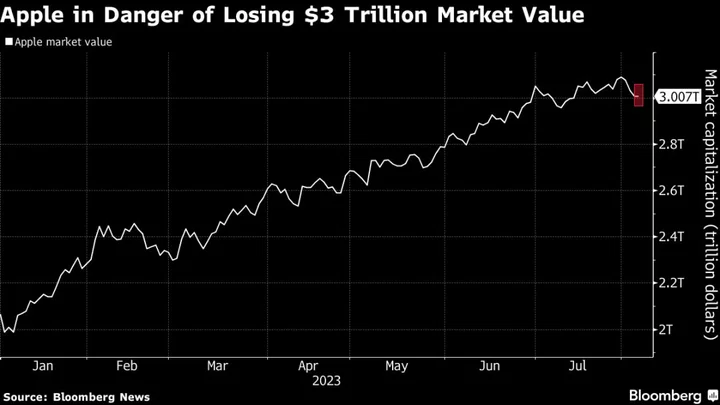By Arunima Kumar and Arshreet Singh
(Reuters) -Hawaiian Electric Industries is seeking expert advice amid growing scrutiny over its role in the Maui wildfires, but the largest power supplier in the US island state said on Friday that the goal was "not to restructure" the utility.
Its shares rose more than 7% to $12.91 in volatile early trading after losing more than half of their value since the Aug. 8 wildfires that destroyed the coastal Maui town of Lahaina and killed at least 110 people.
Ratings agency Moody's Investors Service had earlier in the day downgraded its credit rating to junk status, the second such cut this week after S&P Global Ratings as investors worried over any potential wildfire-related financial and legal challenges.
The company did not clearly outline the purpose for which it was seeking expert advice. "Like any company in this situation would do, and as we do in the normal course of business, we are seeking advice from various experts," it said in a filing.
Hawaiian did not respond to a request for more details on its move to seek expert help.
The Honolulu-based company was slapped with class-action lawsuits alleging culpability for the fires, claiming that the utility failed to shut off power lines despite warnings that high winds might blow those lines down and spark wildfires.
Hawaiian said shutting out power was not part of its high-wind management protocol.
"Preemptive, short-notice power shutoffs have to be coordinated with first responders, and in Lahaina, electricity powers some of the pumps that provide the water needed for firefighting," it said.
Wells Fargo analyst Jonathan Reeder said most North American utilities do not have a formal Public Safety Power Shutoff program which outlines if and when such a drastic measure should be taken.
"Shutting off power is not an easy decision for a utility to make as there are widespread ramifications to safety when doing so," he said.
Hawaiian said unlike in California, there was no precedent in Hawaii of applying an "inverse condemnation" to a private party like an investor-owned utility.
An "inverse condemnation" exposes California utilities to liabilities from wildfires regardless of their negligence, as long as their equipment is involved.
While the company may not have any real precedent, there is a great deal of legal uncertainty swirling, Reeder said.
As of Thursday, about 1,900 customers in West Maui remained without electricity, Hawaiian said. It did not include around 2,600 homes and businesses that were destroyed, which represent less than 1% of its customers.
(Reporting by Arshreet Singh, Arunima Kumar and Shreyashi Sanyal in Bengaluru; Editing by Arun Koyyur)

